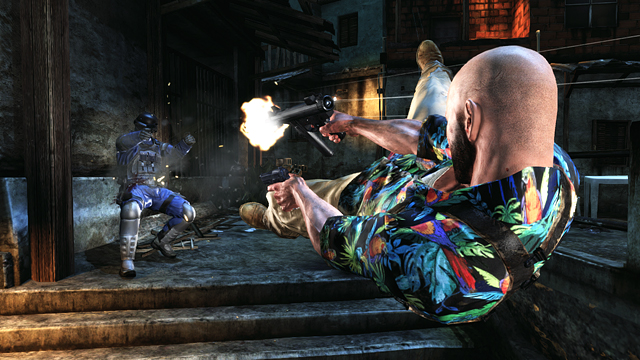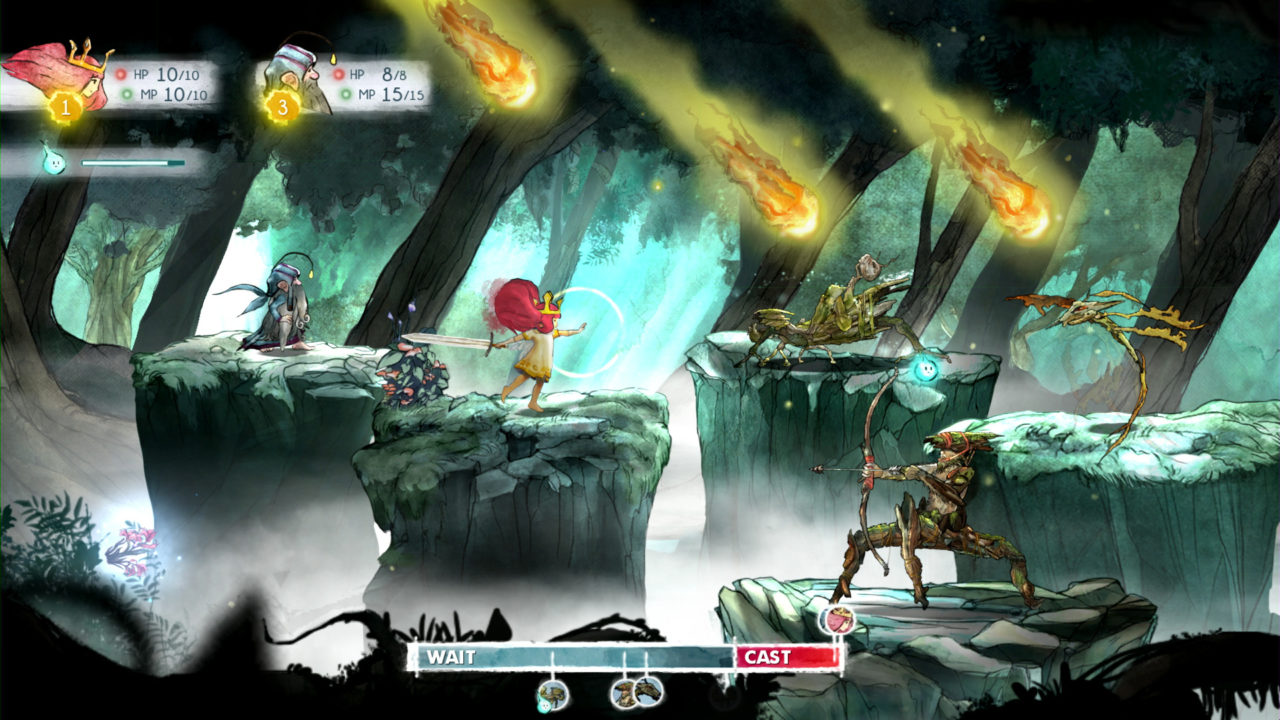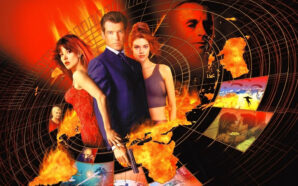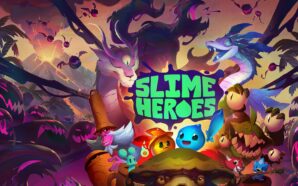Throughout the years games have played with the concept of time. Games that let you control time as a game mechanic are generally quite cool. Slow motion shoot-outs in the Max Payne series never get old and manipulating time in the Legend of Zelda: Majora’s Mask is key to finishing the game. Games have also successfully told compelling stories by weaving time-travel into their narrative, like Singularity and Quantum Break have done.

And, even though I didn’t enjoy my short time with SuperHot, at least it gave you control of time in an original, creative way that I wish to see again. Just not in SuperHot 2: Super Hotter.
Games that play with the concept of real-world-time however will put you into one of two camps: You’ll either want to avoid a game with such limitations or you’ll opt to embrace the limitations instead. Or another way of looking at it is you’ve either got the time or you haven’t.
There are genres that utilise real-world-time perfectly, such as real-time strategy games (obviously), but usually when game-world-time and real-world-time are synchronised it can leave you feeling rushed and stressed. Maybe this is a symptom of games themselves; how many times has an NPC told you that your quest is time-sensitive, which you then choose to ignore by harvesting experience for 9 hours without consequence?
Thinking about time-sensitivity got my brain juices flowing and I started to form a game premise in my mind. I have no intentions of developing this game idea but who hasn’t day-dreamed of making a game before? Every single one of you, that’s who!
At the start of the game you are informed that you will encounter your first boss in 1 hour. Your goal is to spend 1 hour exploring the world, either gathering resources or levelling up. Once you have played the game for 60 minutes you are automatically thrown into the boss fight.
Time doesn’t carry on once you exit the game so if you don’t play it for 2 days you won’t have lost any progress – you’ll pick up where you left off. Time doesn’t flow during boss battles either, so if it takes you 30 attempts to kill a boss you won’t use up any time allocated to the next boss fight.
Still with me? Good. You’re probably reading that pitch and asking, “How is that any different to any other game?” Well think of the 1 hour as the prep time during the turn-based battles in Child of Light, or like the free-to-roam fighting style in Transistor – except instead of waiting turns to take hits you’re waiting turns to collect resources and experience points to fight bosses instead. Imagine if your turn during Final Fantasy VII wasn’t selecting from a menu but was actually playing the game for an hour.
Another advantage is how varied each playthrough would be. This hypothetical game would be designed so that players can spend their allocated time exploring various areas or completing multiple side quests. For example, one player might decide to spend their first hour grinding in the forest level. On their second playthrough they might decide to level up by doing a few short side quests instead. Maybe they’ll explore the dungeon level for bomb upgrades because they know the first boss is susceptible to fire.
I’d like to open this up to everyone reading: How would you like to see time applied to videogames? How would you improve SuperHot? What was Quantum Break missing? Should Time Crisis make a comeback? Would you reverse time before deciding to read this bollocks? Let me know on Twitter @LeeLaments or leave a comment below.








